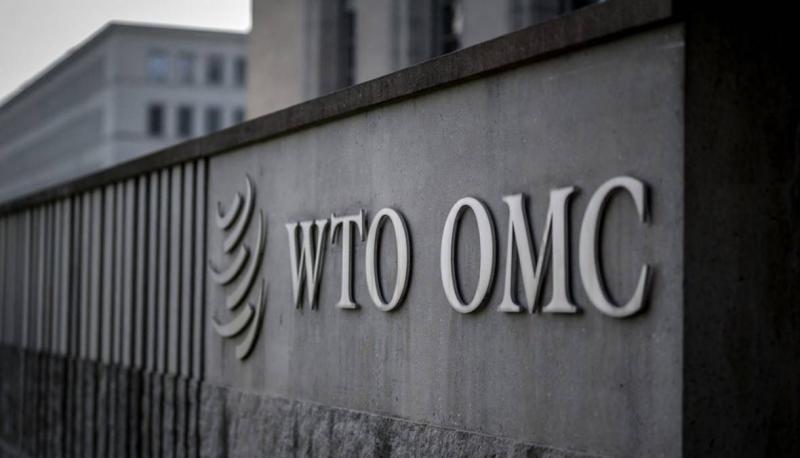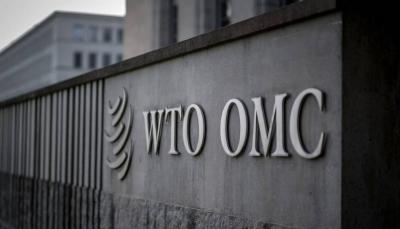Ministers from around the world will gather for a World Trade Organization (WTO) meeting in Abu Dhabi from February 26 to 29, aiming to reach agreements on issues including the reform of its dispute resolution system and the reduction of fishing subsidies. This high-level meeting, held every two years, comes amid increasing disregard for trade rules at a time when the 29-year-old organization faces global geopolitical challenges and threats to the continuity of international trade. Here’s a look at the main topics:
**Reforms**
The WTO seeks to finalize a package of reforms, particularly regarding how it resolves trade disputes. Its appellate body has remained inactive for four years due to U.S. opposition to appointing new judges, stalling disputes worth billions of dollars. A proposed draft is currently seen as the WTO's last opportunity for reform, but the organization has yet to define how to resume the court's operations due to a lack of consensus, prompting concerns from India and China.
**Fisheries Subsidies**
Environmental activists argue that "eliminating billions of dollars in subsidies that encourage unsustainable fishing activities is the most significant thing countries can do to help stop the decline in fish stocks." Countries reached a preliminary agreement at the last ministerial meeting in Geneva in 2022 regarding the prohibition of certain forms of subsidies, including those for illegal fishing and high seas fishing. However, it can be said that "negotiators have not yet agreed on solutions to thorny issues related to subsidies, such as forms of support that contribute to overcapacity in fishing and overfishing."
**E-Commerce**
Currently, there is no agreement among WTO members to extend the moratorium on tariffs for electronic transmissions, which has been in place since 1998, with India and Indonesia among the countries opposing this. The moratorium is set to expire this year if no agreement is reached, and analysts warn that "this could lead countries to impose tariffs on items such as downloading movies, a move strongly opposed by business lobby groups."
**Agriculture**
Turkish ambassador Alper Arslan Aجازسوي, who heads the talks, notes that "the negotiating positions remain 'widely varied' on many issues, even as organization officials admit that the best outcome they foresee will be a future action plan." The hottest discussions revolve around an initiative from India and a coalition of developing countries seeking a permanent standalone exemption from the organization's rules that currently restrict domestic agricultural support for food products like rice. Opponents from developed countries, such as the United States, argue that "negotiations on this topic cannot be addressed in isolation from other issues." Other topics include the sensitive issue of reducing domestic support in the agricultural sector and improving market access by implementing caps on tariffs or tariff quotas.




